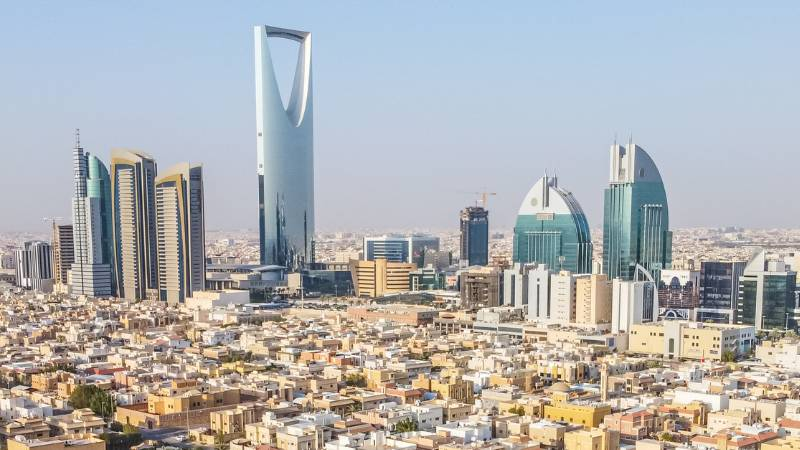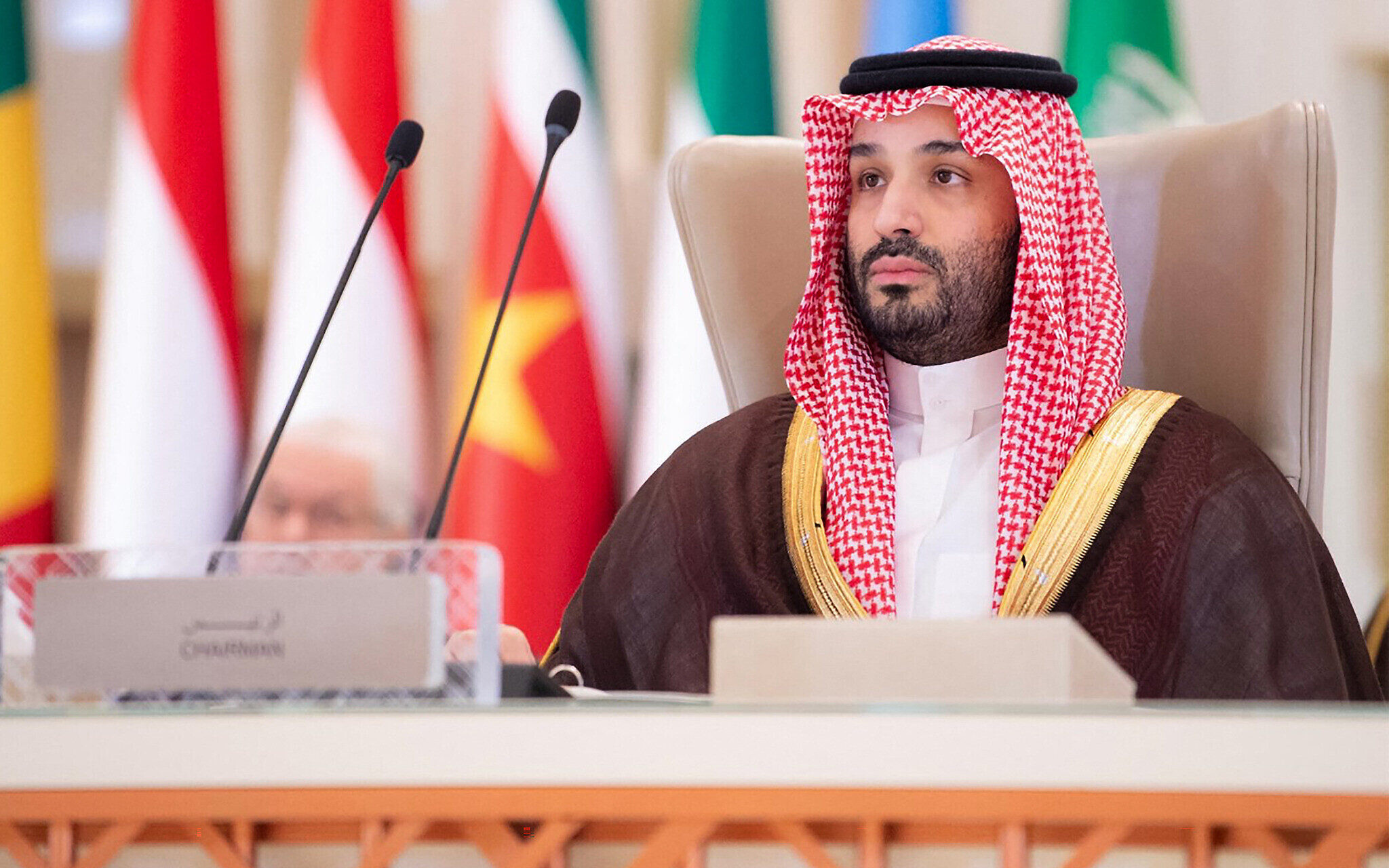Saudi Arabia has reached an alarming milestone in 2024 by executing 101 foreign nationals, marking a dramatic surge in the kingdom’s use of capital punishment for foreigners. This sharp rise in executions raises questions about human rights, systemic legal disparities, and Saudi Arabia’s global image amidst its reformative claims.
A Record-Breaking Year for Executions
The year 2024 has witnessed a staggering escalation in the number of executions in Saudi Arabia, with 274 executions carried out by mid-November. Among these, 101 were foreign nationals—an unprecedented figure in the country’s history.
In September, Saudi Arabia recorded the highest annual execution rate in over three decades, surpassing its previous highs of 196 in 2022 and 192 in 1995.
This year’s executions include individuals from multiple nations, with Pakistan leading the list at 21, followed by Yemen with 20, and Syria with 14. Additionally, three individuals each from Sudan, India, and Afghanistan, and one each from Sri Lanka, Eritrea, and the Philippines, were executed.
Read : After the Heavy Rainfall, Desert Country Saudi Arabia is Now Feeling Snowfall: Watch
These figures highlight a troubling trend, as the annual number of foreigners executed in 2023 and 2022 was significantly lower, standing at just 34 each year.
Read : Historic Air Taxi Trial in Makkah: Pioneering a New Era of Urban Air Mobility
The steep rise can largely be attributed to the kingdom lifting a three-year moratorium on drug-related executions in 2022. Out of the 274 executions so far in 2024, 92 were related to drug charges, with 69 involving foreign nationals.
Systemic Disparities and Foreign Nationals
Foreign nationals, many of whom are low-income workers in Saudi Arabia, face systemic disadvantages in the kingdom’s legal system. Legal experts and human rights organizations have highlighted several issues, including limited access to legal documents, inadequate legal representation, and language barriers during court proceedings. These factors make foreigners particularly vulnerable to harsh sentences, including the death penalty.

Taha al-Hajji, legal director of the European-Saudi Organisation for Human Rights (ESOHR), emphasized that many foreign nationals executed for drug-related offenses are victims of international trafficking networks. These individuals often endure significant violations from the time of their arrest to their execution, highlighting the deeply flawed nature of their trials.
Furthermore, Saudi Arabia’s legal system has been criticized for its lack of transparency. Activists argue that the kingdom frequently applies the death penalty excessively, often contradicting its claims of reform.
Crown Prince Mohammed bin Salman previously stated that the death penalty would be reserved for murder and crimes threatening multiple lives. However, the high number of executions for drug-related offenses challenges the credibility of these assertions.
Global Condemnation and Implications for Saudi Arabia
Saudi Arabia’s execution spree has drawn sharp criticism from human rights organizations worldwide. Amnesty International identified Saudi Arabia as the third-largest executor globally in 2023, following China and Iran.
Activists have condemned the kingdom’s extensive use of capital punishment, describing it as disproportionate and inconsistent with its efforts to modernize and attract global tourism.

Jeed Basyouni, a representative from the NGO Reprieve, highlighted that the kingdom’s reliance on executions for drug-related offenses perpetuates cycles of violence rather than addressing the root causes. She noted that the total number of executions in 2024 could surpass 300, further tarnishing Saudi Arabia’s international reputation.
The kingdom’s actions stand in stark contrast to its Vision 2030 reform plan, which aims to present Saudi Arabia as a progressive, tourist-friendly nation. The continued executions raise doubts about the sincerity of these efforts and amplify global scrutiny of Saudi Arabia’s human rights record.
Saudi Arabia’s record-breaking executions in 2024, particularly the alarming number of foreign nationals, underscore significant flaws in the kingdom’s legal and judicial systems.
These executions not only highlight systemic disparities faced by foreigners but also contradict the government’s claims of reform and modernization. As international condemnation grows, the kingdom’s use of the death penalty remains a stark reminder of the human rights challenges within its borders.

